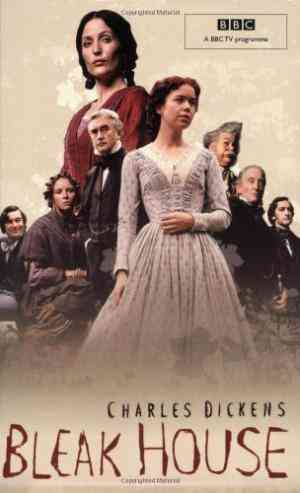
The suit ended up costing him more than any damages he was able to collect. He was successful in his suit, but had to pay the costs. Viewed by this light, it becomes a coherent scheme, and not the monstrous maze the laity are apt to think it.”ĭickens became further acquainted with the Chancery Courts when he petitioned for an injunction against someone who had published imitations of his novel, A Christmas Carol.

There is no other principle distinctly, certainly, and consistently maintained through all its narrow turnings. “The one great principle of the English law is to make business for itself. Perhaps it was during this time that he began to formulate his opinion of the Chancery Court, leading him to eventually write: It was there that he saw the darker side of the law, evidenced in places like Fleet Prison, Newgate, and the Marshalsea (where his own father was imprisoned for debt).ĭickens later taught himself shorthand and became a court reporter in the Lord Chancellor’s Court. In 1827, at the age of fifteen, he went to work for the law office of Ellis and Blackmore as a junior clerk. Dickens and the LawĬharles Dickens’ criticism of lawyers and the courts was informed by his own experience with the legal system. Taken as if the events in the novel happened on or about 1827 (acknowledged as being the very worst period of the Court of Chancery), the novel is a window into a faulty and corrupt system and the lives destroyed by it. This is not to say that Bleak House is any less instructive for lack of timing. In 1852, an Act of Parliament altered the methods of taking evidence, substituted salaries for fees, and abolished a great many other useless expenses and offices. The same year he serialized Bleak House, the Court of Chancery was embarking upon a period of radical change.


His timing in rendering such criticism was less than perfect. “Ground to bits in a slow mill…roasted at a slow fire…stung to death by single bees…(and) being drowned by drops.” He compared taking a case to Chancery with being: In showing the lives destroyed by a case which amounted to nothing more than a dispute over a will, Dickens revealed the slow grinding procedures of the Chancery Court and the myriad attorneys whose livelihood depended on the Court’s inefficient function. “…the lawyers have twisted it into such a state of bedevilment that the original merits of the case have long disappeared from the face of the earth.”Īll that was left now were the costs, he explained, and “all the rest, by some extraordinary means has melted away.” All, that is, except for the lives affected by the case having lingered so long in Chancery. The character of John Jarndyce explains that his case is nothing more than an issue “about a will, and the trusts under a will,” but that:


 0 kommentar(er)
0 kommentar(er)
